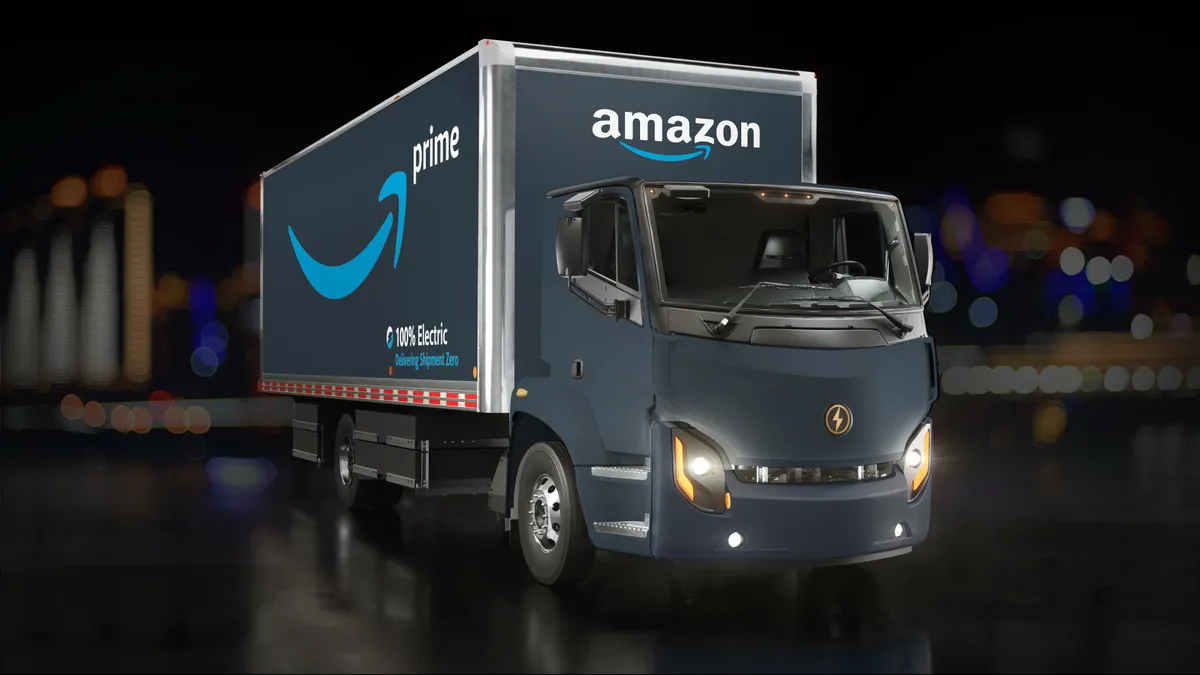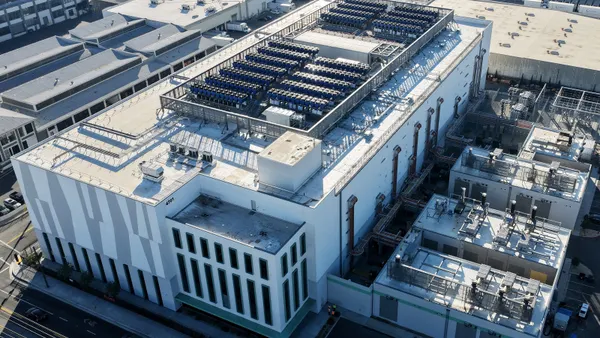Dive Brief:
- Lion Electric believes its battery-electric vehicles have a lower total cost of ownership compared to diesel vehicles, "in most use cases," according to an F-4 the Canada-based OEM filed with the Securities and Exchange Commission Thursday.
- On average, EVs could save fleets about 80% on energy costs and 60% on repair and maintenance, when compared to diesel, the company said.
- The company said it expects production costs to decrease as battery costs come down, and increased purchasing power should reduce the costs of other vehicle parts. In that vein, Lion Electric said Monday it is building a battery manufacturing plant and an innovation center in Quebec, which will reduce battery costs.
Dive Insight:
Amid pressures from the public, peers and policymakers, environmentally friendly operations are gaining momentum across industries. For trucking, whether the momentum bears wide-scale fruit comes down to TCO.
"In the trucking industry, the TCO, along with quality and reliability, are the primary decision factors on which customers base their purchasing decision," Lion Electric said in the SEC document.
A fleet's ability to go green depends on what's available at the market and whether the options make financial sense. J.B. Hunt reported last August, "the availability of commercially and economically viable alternatives to diesel-powered equipment" was a challenge to curbing its carbon emissions.
J.B. Hunt said it wants an alternative-fuel truck with TCO equivalent to a diesel truck, including the cost to power or charge. To address these concerns, the firm said it was committed to assisting OEMs with developing greener trucks — an approach several large fleets are taking.
NFI is testing 10 EVs from Daimler. Dependable Supply Chain Services is participating in Volvo's Low Impact Green Heavy Transport Solutions project, known as Volvo LIGHTS. Collaboration is an attractive option for fleets and OEMs, as they can share feedback and take adoption at a pace they agree upon.
Lion Electric aims to ramp up its partnerships in the near future. Already, its go-to-market strategy involves assisting customers with vehicle selection, purchase and adoption by providing education and training; identifying grants; and addressing charging infrastructure, maintenance and technology. Lion Electric has six service centers in the U.S. and Canada, and it plans to open eight within the next two years.
The company also plans to launch more research and development facilities by the end of this year — in addition to the facilities it has in Quebec — located in Los Angeles and Albany, New York.
"Site selection for R&D centers is based on the availability of talent in the region, along with the proximity to significant customer pools in order to facilitate collaboration in the development of customized product applications," the company said in its SEC form.
R&D at Lion Electric is currently focused on developing more vehicles and proprietary battery systems, according to the filing. Its newly announced plant is projected to have a yearly production capacity of five gigawatt-hours in battery storage, enabling the company to electrify some 14,000 medium- and heavy-duty vehicles a year, according to the release.
Trucks in the pipeline include the Lion8 tractor, which should be ready for commercial production this year, as well as the Class 7 truck and the Lion8 boom truck, which are scheduled for production by the end of 2022.















